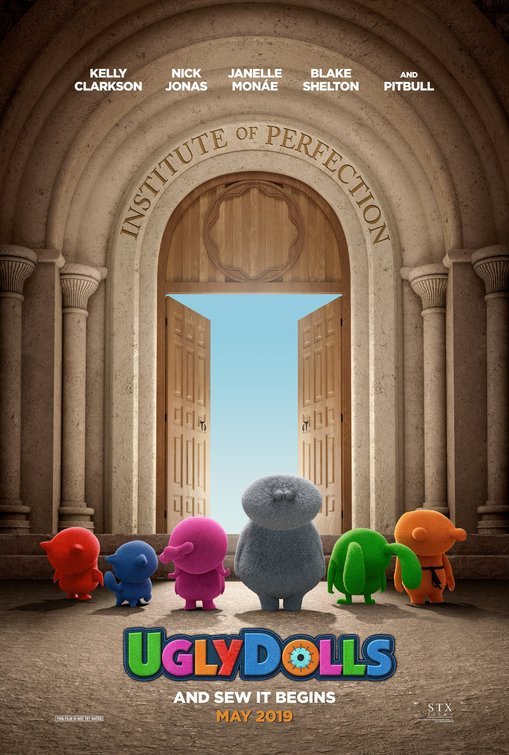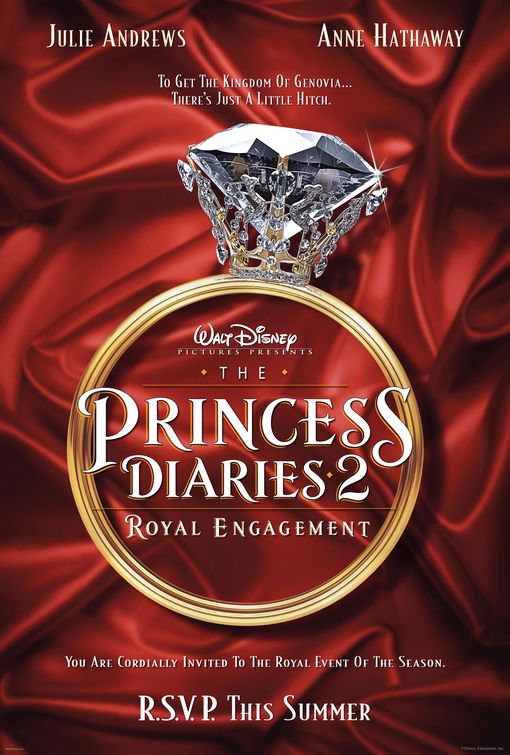
By Kayla DeKraker
We all do it.
We click “I agree” to the terms of service for products on documents that we haven’t even read, and rightfully so. Many of the terms of service documents are so long and tedious that no one has the time to read through all of them, which puts consumers in a compromising situation.
One artist created an eye-opening visual to show just how long these terms of service contracts are. A post to Instagram shows the artwork, comprised of the terms of service of seven different companies: WhatsApp, Google, Tinder, Twitter, Facebook, Snapchat and Instagram. Each paper is hung from the ceiling and extends down the wall and onto the floor, showing their enormous length, with the words “I Agree” next to them.
The caption on the photo of this artwork reads, “‘I Agree’ is an art installation created Dima Yarovinsky. The installation is meant to highlight how online users often consent to lengthy and complex terms of service agreements without reading them.”
Related: Instagram Temporarily Ends Test Version after User Complaints
It continues, “Yarovinsky wanted to visually demonstrate the overwhelming scale of these documents, which most people routinely accept with a simple click.”
Users commented on the post with disdain for how long and unreasonable terms if service contracts are.
“Should be illegal, terms should be simple. Small print should be illegal too,” one user said. Another person added, “Let’s be real we probably all unknowingly agreed to have our organs harvested by Instagram after we die.” Instagram’s terms of service is the longest of the seven displayed.
Signing a terms of service without reading it in its entirety has cost some people in very unfortunate ways.
One such person is a man named Jeffrey Piccolo, whose wife Dr. Kanokporn Tangsuan died after being served food she was allergic to at a Disney Park. The lawsuit reads, “When the waiter returned with [Tangsuan’s] food, some of the items did not have allergen free flags in them and [Tangsuan] and [Piccolo] once again questioned the waiter who, once again, guaranteed the food being delivered to [Tangsuan] was allergen free.”
Disney pushed back against the lawsuit because Piccolo had signed up for a trial of Disney+ many years before.
The motion for the lawsuit read, “Piccolo ignores that he previously created a Disney account and agreed to arbitrate ‘all disputes’ against ‘The Walt Disney Company or its affiliates’ arising ‘in contract, tort, warranty, statute, regulation, or other legal or equitable basis.”
Disney eventually withdrew its claim that Piccolo couldn’t sue the company because of the Disney+ terms he signed.
This isn’t the first time fine print has sneakily put consumers in weird or even dangerous positions. Take the popular soda maker Soda Stream, which has fine print that essentially says even if you own a Soda Stream, you actually don’t.
Consumer Reports explains, “‘SodaStream or its content providers grants you a limited, nonexclusive, nontransferable, non-sublicensable license to access and make personal and noncommercial use of the SodaStream Services,’ the company says in its legal terms. ‘The Cylinders will remain at all times the sole and exclusive property of SodaStream.’”
“You don’t buy the SodaStream device, you actually license it from a company,” Daniel Kahn Gillmor, senior staff technologist at the ACLU’s Speech, Privacy, and Technology Project, said.
Although no easy solution exists, Yarovinsky’s display is an eye opening reminder to maybe take the extra minute (or hour) to read the fine print.
Read Next: Snapchat Improves Child Protection and Safety Terms
Questions or comments? Please write to us here.


 - Content:
- Content: 
 – Content:
– Content: 
